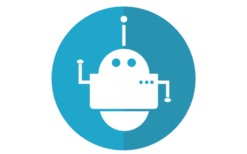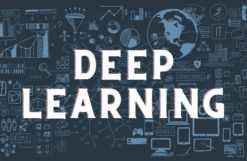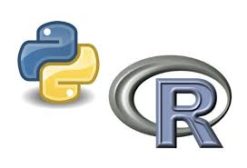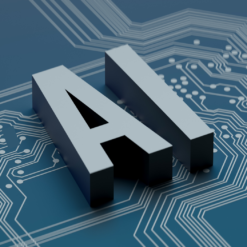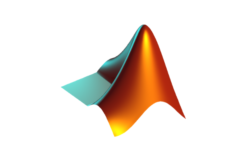Overview
The Artificial Intelligence for Mechatronics training course is designed to provide participants with a comprehensive understanding of the principles, techniques, and applications of artificial intelligence (AI) in the field of mechatronics. Mechatronics combines mechanical engineering, electronics, computer science, and control engineering to design and develop intelligent systems. This course aims to bridge the gap between AI and mechatronics, enabling participants to leverage AI technologies to enhance the performance and capabilities of mechatronic systems.
Objectives
- Gain an overview of artificial intelligence, machine learning, and computational intelligence.
- Understand the concepts of neural networks and different learning methods.
- Choose artificial intelligence approaches effectively for real-life problems.
- Implement AI applications in mechatronic engineering.
Audience
- Engineers: Mechanical engineers, electrical engineers, and control engineers who are involved in designing, developing, and integrating mechatronic systems and are interested in incorporating artificial intelligence techniques into their work.
- Robotics Professionals: Individuals working in the field of robotics who want to enhance their understanding of artificial intelligence and its applications in mechatronics.
- Researchers: Researchers in the fields of mechatronics, robotics, or artificial intelligence who want to expand their knowledge and explore the intersection of these disciplines.
- Technicians: Technicians or technical professionals involved in the maintenance and troubleshooting of mechatronic systems who want to learn how artificial intelligence can be leveraged for efficient fault detection, diagnostics, and predictive maintenance.
- Graduate Students: Students pursuing a degree in mechatronics, robotics, or a related field who want to gain practical knowledge and skills in applying artificial intelligence techniques to mechatronic systems.
- Industry Professionals: Professionals working in industries such as manufacturing, automation, healthcare, transportation, and defense where mechatronic systems play a crucial role and who are interested in incorporating artificial intelligence to enhance the performance and capabilities of these systems.
Pre- requisites
- Basic understanding of mechatronics and its components (mechanical, electrical, and control systems).
- Familiarity with programming concepts and languages, such as Python.
- Knowledge of mathematical concepts, including linear algebra and calculus.
- Basic understanding of machine learning concepts is beneficial but not required.
Duration: 5 days – 35 hrs
Course Content
Day 1: Introduction to Artificial Intelligence and Mechatronics
- Introduction to the course and its objectives
- Overview of artificial intelligence and its applications in mechatronics
- Understanding the role of machine learning, computational intelligence, and neural networks in AI for mechatronics
- Exploring various learning methods: supervised, unsupervised, reinforcement, and semi supervised learning
- Introduction to generative networks, deep neural networks, and convolutional neural networks
- Case studies showcasing AI applications in mechatronics
Day 2: Computational Intelligence Algorithms and Optimization Techniques
- Understanding computational intelligence algorithms: fuzzy systems and evolutionary algorithms
- Exploring the concept of optimization in mechatronics
- Applying AI approaches effectively in mechatronic systems
- Introduction to stochastic dynamic programming and its relationship with AI
- Case studies on optimization using AI in mechatronics
- Hands-on exercise: Applying computational intelligence algorithms for optimization problems
Day 3: Implementing Mechatronic Applications with AI
- Overview of mechatronic applications in various industries (medicine, rescue, defense, etc.)
- Understanding the industry-agnostic trend in AI for mechatronics
- Identifying potential applications for AI in mechatronics
- Case study: The Intelligent Robotic Car
- Planning a mechatronic project with AI integration
- Implementing AI capabilities in mechatronic systems
Day 4: Programming Major Systems of a Robot
- Planning the project: defining requirements and specifications
- Understanding the major systems of a robot: perception, decision-making, and control
- AI-based approaches for robot perception and decision-making
- : Hands-on exercise: Programming perception algorithms using computer vision techniques
- Hands-on exercise: Implementing decision-making algorithms using machine learning techniques
Day 5: Localization, Mapping, and Control with AI
- Introduction to localization and mapping in mechatronics
- AI techniques for localization and mapping: SLAM (Simultaneous Localization and Mapping)
- Hands-on exercise: Implementing SLAM algorithms using AI techniques
- Understanding tracking and control in mechatronics
- AI-based control algorithms for mechatronic systems
- Case studies showcasing AI-enabled tracking and control in mechatronics


